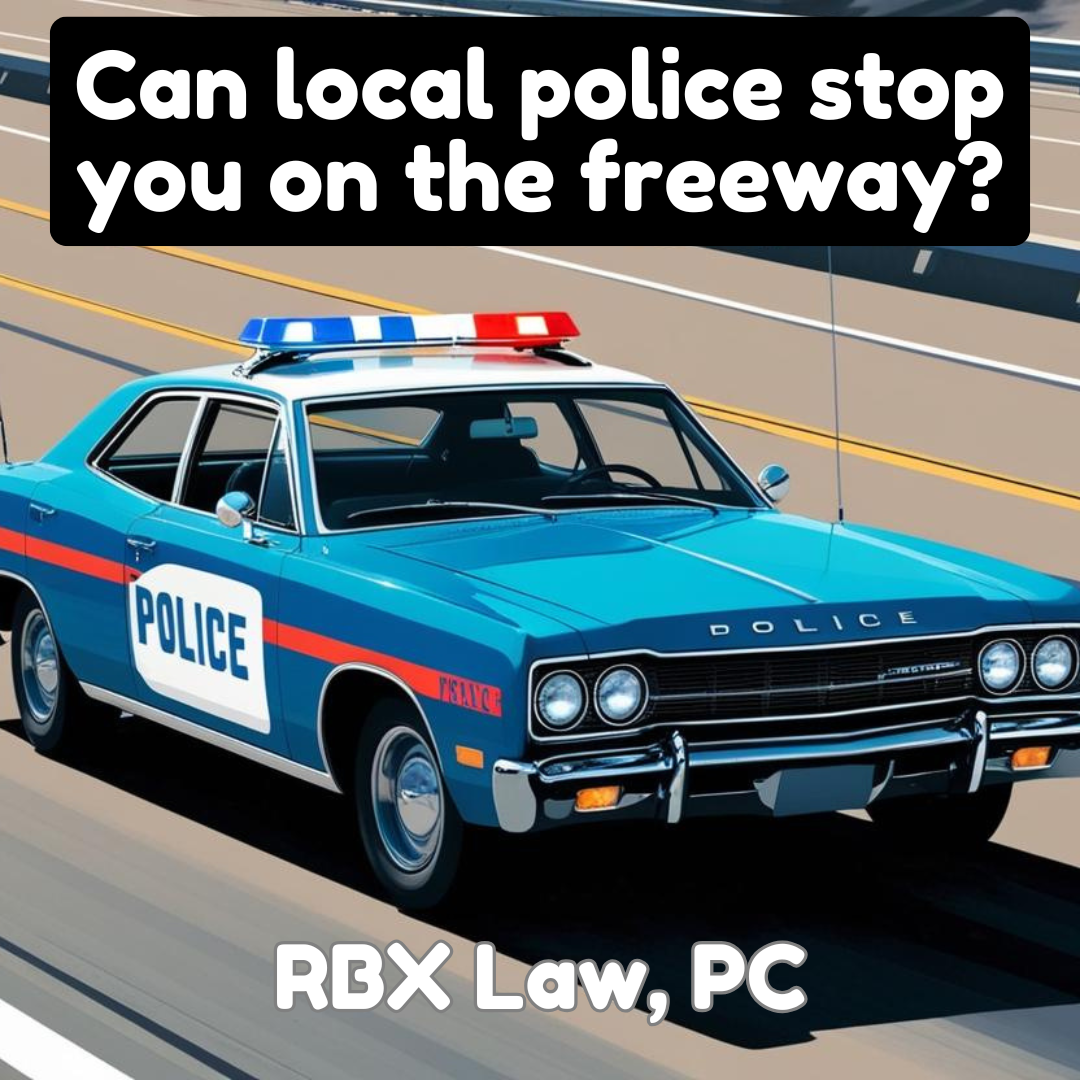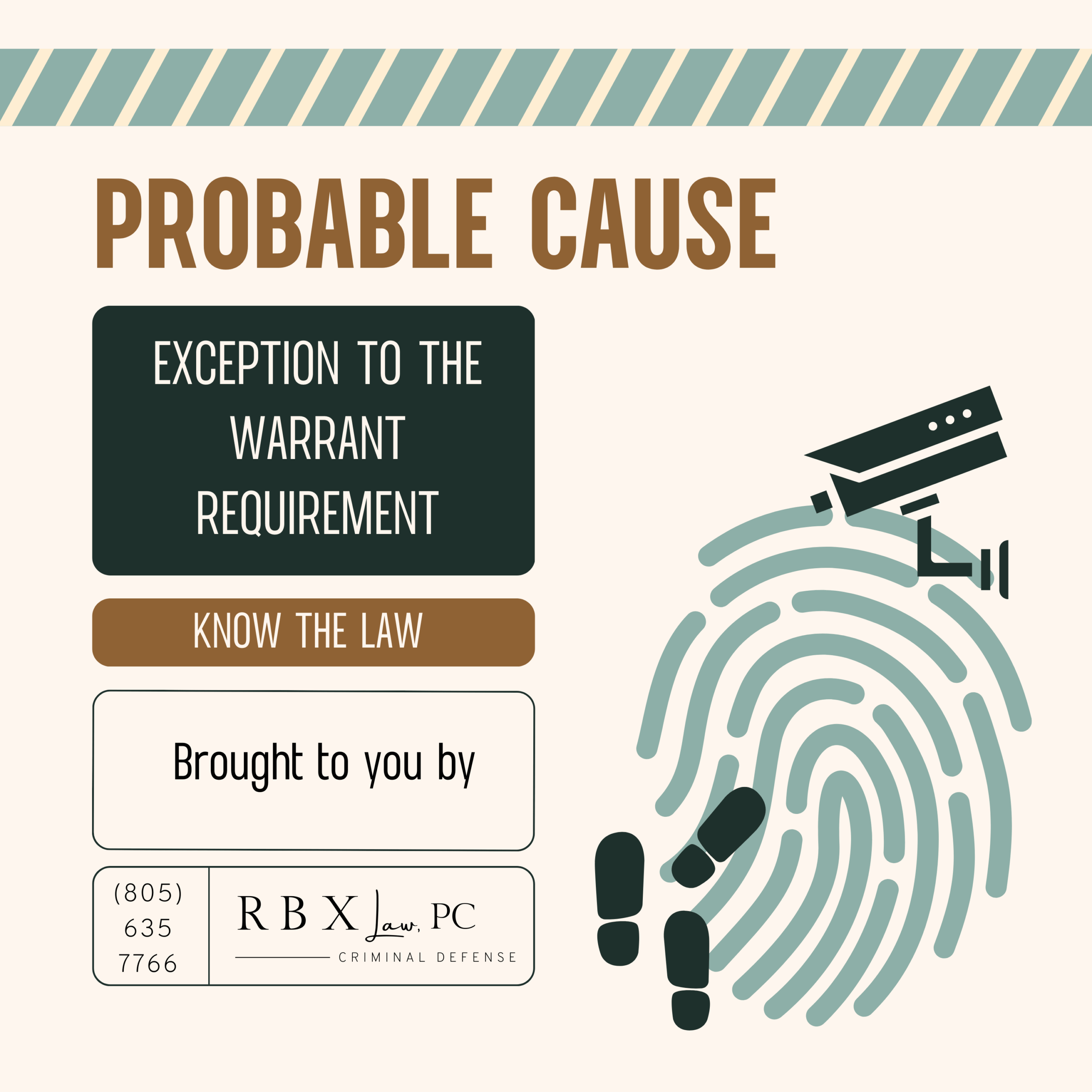Yes. Local police can stop cars on the freeway or highway. In fact, any member of California law enforcement can generally enforce the laws anywhere in the state. This includes sheriffs, park rangers, harbor patrol, railroad police, and many other branches of law enforcement.
Why Can Police Stop Cars on the Freeway?
In California, almost all state and local law enforcement agencies have authority throughout the entire state. This means they can stop a vehicle on the freeway and can arrest persons for whom they have probable cause. For an exhaustive list, see Penal Code § 830-832.18.
Some of the better known state agencies are:1
- California Highway Patrol
- University of California Police
- Cal State University Police
- Department of Corrections and Rehabilitation
- Department of Fish and Game
- Department of Parks and Recreation
- Department of Forestry and Fire Protection
- Department of Alcoholic Beverage Control
- California Exposition and State Fair Marshalls
- Department of Cannabis Control
There are, however, many many more state agencies that have police authority throughout the state:
- Department of Consumer Affairs2
- Department of Motor Vehicles3
- California Horse Racing Board4
- Department of Housing and Community Development5
- Department of Financial Protection and Innovation6
- Department of Justice7
There are also many local agencies that have police powers anywhere in the state of California:
- All county sheriffs and city police officers8
- Community College Police9
- Housing Authority Patrol Officers10
- Municipal Security Officers11
Local agencies have some limits on their policing. Fore example, local police can only police:
- Public offenses in their jurisdiction;
- With permission from other law enforcement;
- To prevent danger to person or property or escape of the perpetrator.
Three agencies from other states have limited police power to stop cars a freeway. They are the Oregon State Police, the Nevada Department of Motor Vehicles and Public Safety, and the Arizona Department of Public Safety. These agencies have police powers up to 50 miles inside California if:
- The California Highway Patrol requests their help, or
- Law enforcement services are necessary to preserve life 12
- Penal Code § 830.2 ↩︎
- Penal Code § 830.3(a) ↩︎
- Penal Code § 830.3(c) ↩︎
- Penal Code § 830.3(d) ↩︎
- Penal Code § 830.3(j) ↩︎
- Penal Code § 830.3(l) ↩︎
- Penal Code § 830.1(b) ↩︎
- Penal Code § 830.1 ↩︎
- Penal Code § 830.32 ↩︎
- Penal Code § 830.31 ↩︎
- Penal Code § 830.34 ↩︎
- Penal Code § 830.39↩︎



